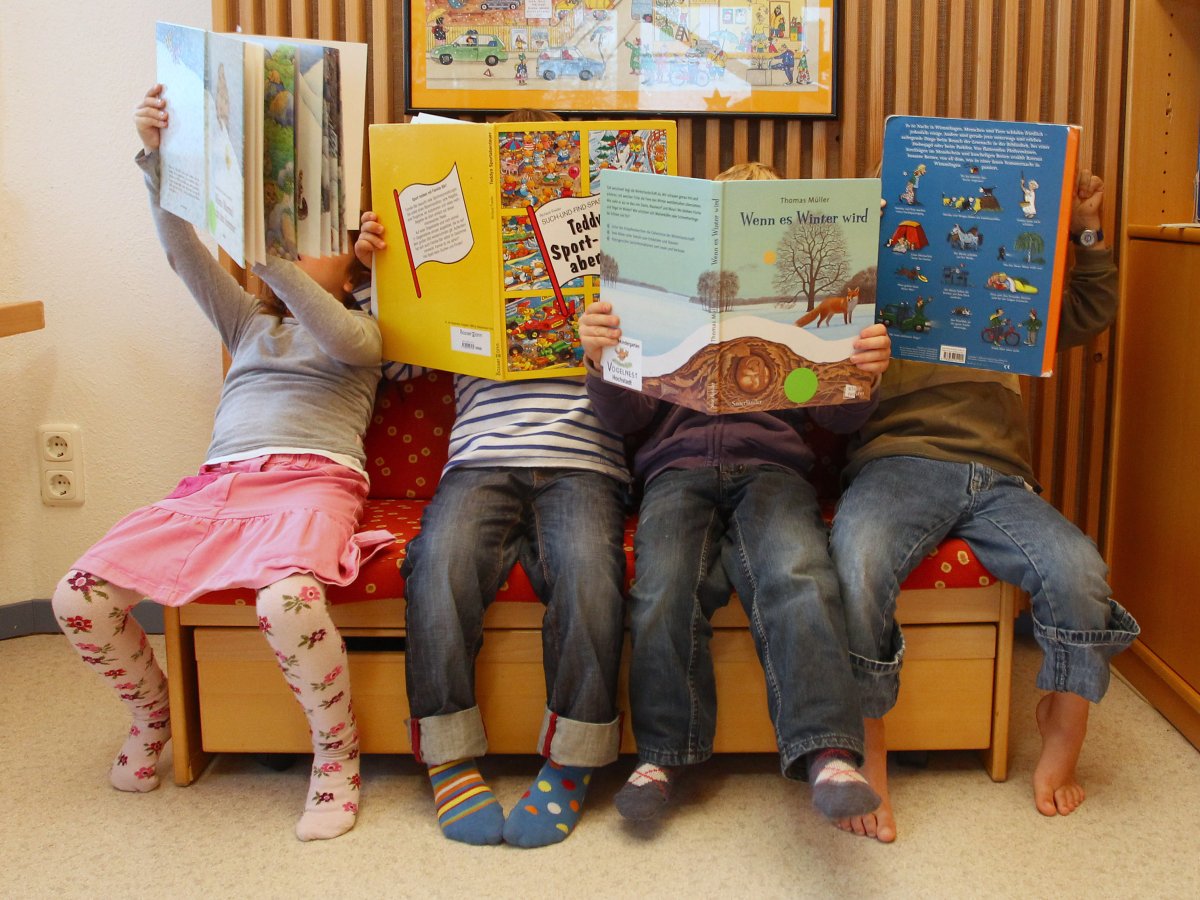Nova Scotia Education Minister Zach Churchill says the province is moving ahead rapidly with its plan to bring in pre-primary education this year, and says part of this includes working with non-profit and private care operators.

More than 770 families have registered for pre-primary so far, Churchill said, and 43 schools across the province have been selected for the free program for four-year-olds.
But concerns have been raised into whether the program will be ready, come September. Last month, Churchill said 50 pre-primary classes will open in the last week of September, contingent on hiring.
READ MORE: Worries mount for private, non-profit childcare centres ahead of N.S. pre-primary rollout
“We know that there’s a demand for it and we’re working very diligently with our school boards to have the appropriate staffing complement in place so that we have all these classrooms set and ready to go for this fall,” Churchill said.
The program will operate during normal school hours for children who are at least four years of age by Dec. 31. The total cost for the first year, according to the minister, will be $4.1 million.
Non-profit, private childcare providers concerned
The anticipated rollout, however, has left many private and non-profit childcare program providers feeling on edge.
Earlier this week, a member of the Private Licensed Administrators Association told Global News that a school board has informed parents not to withdraw their children in case the programming does not start on time. Not knowing how long children will remain in their programs has created difficulty for providers’ budgets and planning for the upcoming year.
WATCH: Hundreds of Nova Scotians have already registered for the pre-primary program unveiled yesterday. While some parents are getting on board early, others are taking a wait-and-see approach. Marieke Walsh reports.

A Hammonds Plains childcare centre operator also said many administrators are bracing for a drop in enrolment which could mean a loss of both staff and children.
Churchill says for the initial rollout of the program, the province has “focused on areas where our private providers aren’t currently providing these services.”
“We’ve done that to mitigate conflict with the private providers, and mitigate the impact of their business model,” he said.
Consultations coming
- Roll Up To Win? Tim Hortons says $55K boat win email was ‘human error’
- Bird flu risk to humans an ‘enormous concern,’ WHO says. Here’s what to know
- Halifax homeless encampment hits double capacity, officials mull next step
- Ontario premier calls cost of gas ‘absolutely disgusting,’ raises price-gouging concerns
He said they want to work with private providers.
“We know that only 25 per cent of our preschool-aged kids are actually accessing these early learning programs, which we know based on evidence and research, are really important for our kids and will help them achieve outcomes throughout the course of their academic career,” Churchill said. “So we want to make sure to work with our private providers so we can expand access to this pre-primary program to 100 per cent of our kids in the province.
READ MORE: Pre-primary program could lead to disjointed system: Autism Nova Scotia
“We know based on evidence that pre-primary programming is helpful for our kids … and we’re not going to waste a day.”
The province will be consulting with private operators in the fall and discussing what their business model can look like, Churchill said. What the government can do to help with the transition to the new pre-primary programming will also be discussed.
The department has mapped out where all classes are to be offered, and provided a list on their website.
—With files from Marieke Walsh and Alexander Quon, Global News




Comments